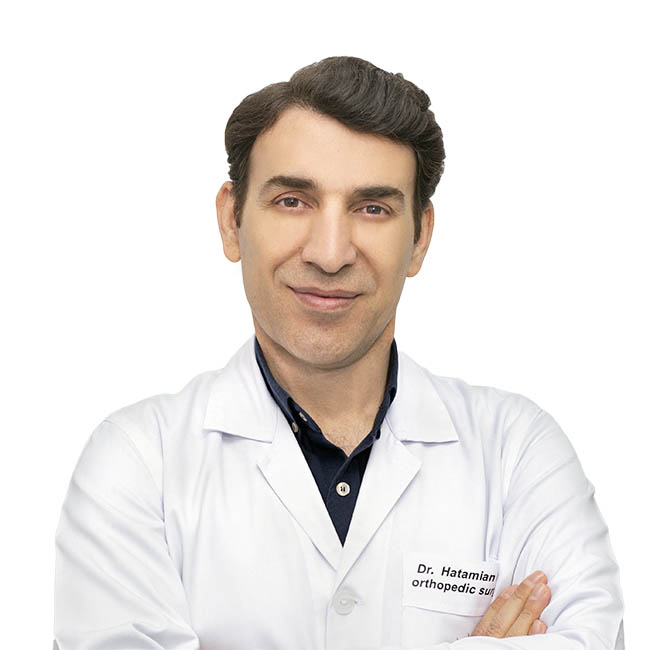Hallucination Drugs
As a doctor specializing in psychiatry, I will provide a comprehensive explanation of hallucinations and their various types. Hallucinations refer to false perceptions or experiences of events that do not exist in reality. These experiences are commonly associated with psychotic disorders and can involve all five senses. Each type of hallucination manifests differently in individuals.
- Mental Illusions: Mental illusions are false perceptions related to people and the surrounding environment. They can be categorized into several groups based on the subject of the hallucination:
a. Erotomanic Delusions: Individuals believe that someone, often a famous person, is in love with them. b. Delusions of Jealousy: People experience thoughts of a rival or betrayal in the behavior of a spouse or colleague. c. Delusions of Harm: Individuals constantly fear that someone is trying to harm or kill them.
Auditory Hallucinations: Patients with auditory hallucinations hear sounds that others cannot perceive. They may hear voices calling their names or experiencing events that did not happen.
Visual Hallucinations: Visual hallucinations involve seeing objects, people, or colors that are not present in reality. For instance, a person might see animals or people that do not exist externally.
Olfactory Hallucinations: In this type of hallucination, individuals smell odors that are not real, often perceiving dangerous smells that others cannot detect.
Gustatory Hallucinations: These hallucinations affect the sense of taste, leading the person to experience unusual tastes from food, such as blood or feces.
Tactile Hallucinations: Tactile hallucinations cause a person to feel sensations like insects or animals touching their skin. They might feel as though bugs are crawling on their body.
Various factors can lead to hallucinations, including postpartum depression, drug use, alcohol addiction, sleep disorders, dementia in old age, and obsessive-compulsive disorder (OCD). Hallucination disorders can also be hereditary and influenced by environmental factors such as lifestyle and substance abuse.
Diagnosing hallucinations involves observing behavioral signs and symptoms, and a visit to a psychiatrist for a thorough history and evaluation. Medical tests might be conducted to rule out physical problems.
Hallucinations can be treated with medication and psychiatric counseling. Medication includes anti-hallucinogenic drugs, depending on the underlying cause of hallucinations. Counseling helps in managing emotions and addressing the root causes of the problems.
People with hallucinations may experience difficulties in their personal lives and relationships. There is a risk of physical harm to themselves or others due to the false perceptions.
As a psychiatrist, my focus is to provide appropriate treatments and therapies to patients with hallucinations to improve their mental well-being and overall quality of life. Early recognition and intervention are vital for successful management of hallucination disorders.

